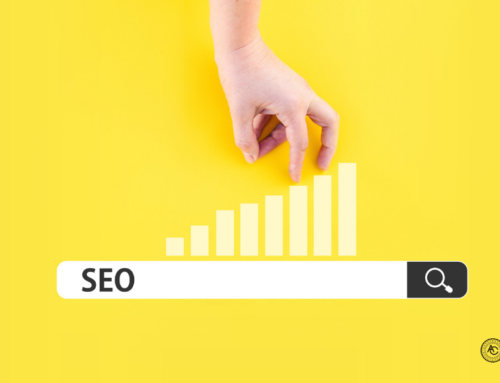As a creative person and an advertising agency owner, I have mixed feelings about privacy.
Early in my career, it was common for clients to express their privacy concerns and, more specifically, to use targeting as part of an online advertising campaign. I comprehended their apprehension regarding potentially intrusive communication, which differed significantly from the conventional advertising we were familiar with. The idea that someone could cookie or pixel you and then know everything about you based on your online behavior was too much for many.
I encouraged clients to think of it as waste management. Online offers a new opportunity for businesses to reduce the number of ads and messages to consumers who have no interest in receiving them. When someone decided to go onto a browser, participating was a commitment.
It’s important to recognize that a browser is a marketing engine that connects users with the products and services they seek. Relevant search data makes push advertising more effective—we already know the customers’ interests and can insert ourselves into their journey, delivering the information they want.
What I told my clients many years ago is still true today, but the ability to track and target users cross-channel has never been greater. As a marketer, this is excellent news.
The bad news? I wonder if the increasing influence of AI and consumer behavior on advertising is causing us to lose our ability to surprise and delight consumers. How can a brand stand out if everything starts to look and sound the same, consistently meeting expectations and no more?
As the Super Bowl approaches, this question has left me feeling conflicted. I watch the game more for TV commercials than for football. Why? This is because watching the commercials provides an opportunity to be surprised and inspired, learn about a new brand, or reimagine an old one.
Is it possible to create the same buzz for a new or established brand in micro spaces eclipsed by the Super Bowl? For example, if we identify that a person travels internationally and might be interested in our new translation app gear, do we—should we—create an ad that is shocking and gets that buzz? Or is it enough to expose potential customers to brands and products based on their life experiences and their searches in real time?
In addition, it’s not too much information that worries me. It’s too little. It’s the consumer who doesn’t share their interests, whose searches don’t reflect that they’re in love with an avid golfer or have a child interested in environmentalism.
Those are the missed opportunities, the obstacles that prevent our Super Bowl moments—showing a consumer something new, something that surprises them at the perfect moment. As digital advertising progresses and consumers begin to resist cookies and social sharing, will we revert to guesswork or intensify our efforts to reach a wider audience?
Privacy vs. data. Like all great games, the outcome is unpredictable, but I still believe we can find a way for both to win.







